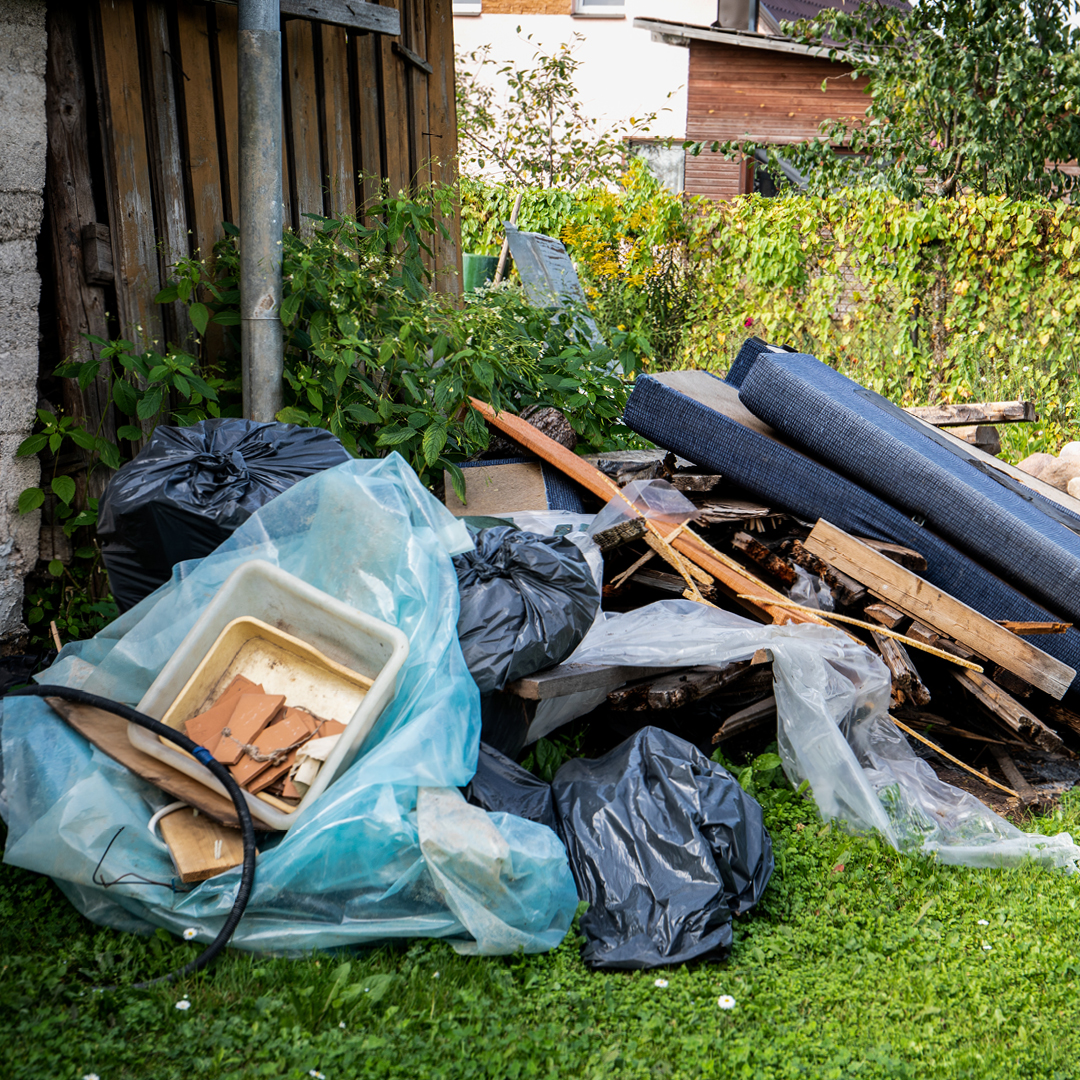Supreme Court Rejects Challenge to Property Maintenance Law

The Court upholds city property standard violation.
The Supreme Court of Ohio rejected a challenge to a property maintenance law that claimed it was “unconstitutionally vague.”
In a unanimous opinion, the Supreme Court affirmed the decision of the Sixth District Court of Appeals, which found a city of Huron law prescribing cleanliness and safety standards for properties could not be challenged as void for vagueness in this case. Huron used the law to file a criminal complaint against the owner for lack of water service, holes in the roof, a deteriorating break wall barrier, and debris in the yard.
Writing for the Court, Justice Patrick F. Fischer stated that a “statute or ordinance will not be struck down as unconstitutionally vague if the challenger’s conduct clearly falls within the activities proscribed by the statute.”
Huron adopted provisions of the International Property Maintenance Code (IPMC), which requires properties to be maintained and kept in a “clean,” “safe,” and “sanitary” condition. Using the description of the property as alleged by the city, the challenge that the law was unconstitutionally vague “must fail because the alleged conditions of his property clearly fall within the proscriptions of those provisions, ”the opinion stated.
State of Property Triggers City Complaint
In July 2022, Huron filed a complaint against Michael Kisil for the state of his property, alleging several violations of the IMPC.
The complaint described several issues with Kisil’s property that violated the law: a residence on his property lacks water service and has holes in the roof, and his property contains a break wall that is falling into the river. Kisil’s property also allegedly contained “‘debris,’” including “‘barrels, lawn mowers, boats, trailers, propane tanks, and general vegetation,’” according to the complaint filed by Huron.
The state of Kisil’s property allegedly violated IPMC 301.3 and 302.1. Respectively, these provisions state that “Vacant structures and premises thereof or vacant land shall be maintained in a clean, safe, secure, and sanitary condition as provided herein so as not to cause a blighting problem or adversely affect the public health or safety,” and “exterior property and premises shall be maintained in a clean, safe and sanitary condition.”
Trial Court and Appeals Court Split
Kisil later claimed the complaint against him ought to be dismissed under the belief that the provisions of the IPMC were unconstitutionally vague. Kisil argued that wording in IPMC 301.3 indicated an introduction to specific requirements, not a maintenance standard. Additionally, he claimed that the language used in IPMC 302.1 was unconstitutionally vague by failing to alert a person of ordinary intelligence as to what constitutes criminal conduct under the terms “clean,” “safe,” and “sanitary.”
The trial court agreed with Kisil’s argument, relying on precedent set by the Seventh District Court of Appeals’ 2016 decision in State v. ACV Realty. The prior decision held the provisions in question were “unconstitutionally vague” as adopted by the Youngstown Property Maintenance Code. The trial court dismissed Kisil’s charges relating to 301.3 and 302.1.
After an appeal by the city, the Sixth District reversed the trial court’s decision. The Sixth District found that the ordinary meaning of the terms “clean,” “safe,” and “sanitary,” can generally be understood by anyone. The Sixth District also noted that “‘a statute will not be declared void ... merely because it could have been worded more precisely.’”
Due to a conflict in district court decisions, the Supreme Court agreed to accept the case, and sought to decide whether the IPMC was “unconstitutionally void for vagueness.”
Supreme Court Analyzes Vagueness
Although criminal statutes require a more “stringent review for vagueness ...all statutes designed to promote the public health, safety, and welfare ... enjoy a strong presumption of constitutionality,” Justice Fischer wrote. The IPMC provisions in question are subject to these standards.
Justice Fischer emphasized that the “law must be vague in its application to the party at issue in the case.” However, if a person’s actions clearly fall within conduct described by the law, they cannot pose a successful void for vagueness claim.
In reviewing the wording of IPMC 301.3, Justice Fischer noted that the statute says that if a property is causing a “blighting problem” or “adversely affect[ing] the public health or safety, then it is not “clean,” “safe,” or “sanitary.” The nature of Kisil’s property as described by the city, with outward deterioration and decay of structures, constitutes a “blighting problem” that is “adverse to public health or safety.”
While IPMC 302.1 does not include clarification on terms, Huron’s allegation of “debris” on Kisil’s property clearly precludes the property from being “clean.”
Because Kisil’s conduct clearly fell under the activities proscribed by the law, his void-for-vagueness challenge could not succeed, the Court found.
The Court affirmed the Sixth District’s judgment and remanded the case to the Huron Municipal Court for further proceedings.
2024-0640. The City of Huron v. Kisil, Slip Opinion No. 2025-Ohio-2921.
 View oral argument video of this case.
View oral argument video of this case.
Please note: Opinion summaries are prepared by the Office of Public Information for the general public and news media. Opinion summaries are not prepared for every opinion, but only for noteworthy cases. Opinion summaries are not to be considered as official headnotes or syllabi of court opinions. The full text of this and other court opinions are available online.
Acrobat Reader is a trademark of Adobe Systems Incorporated.
